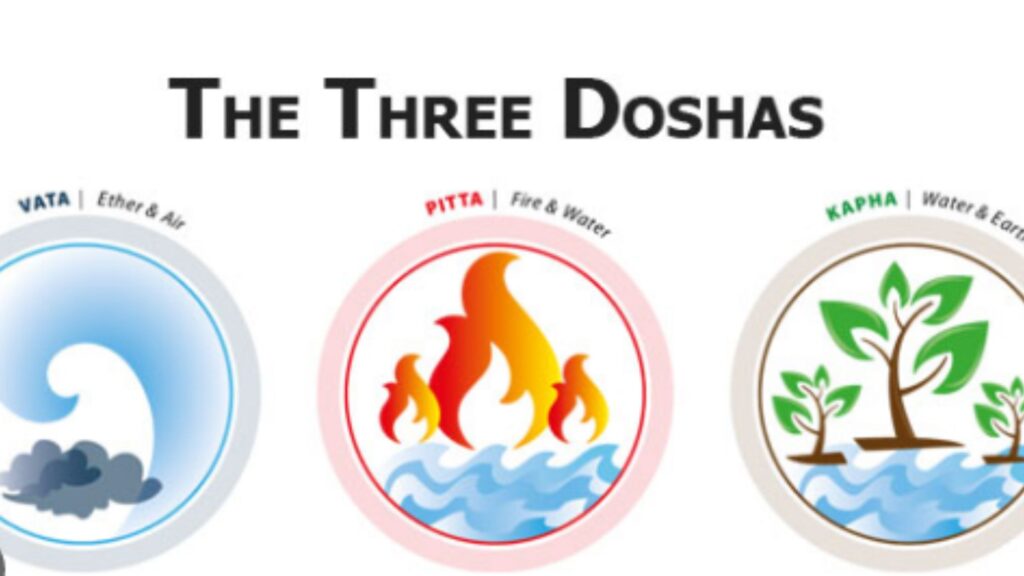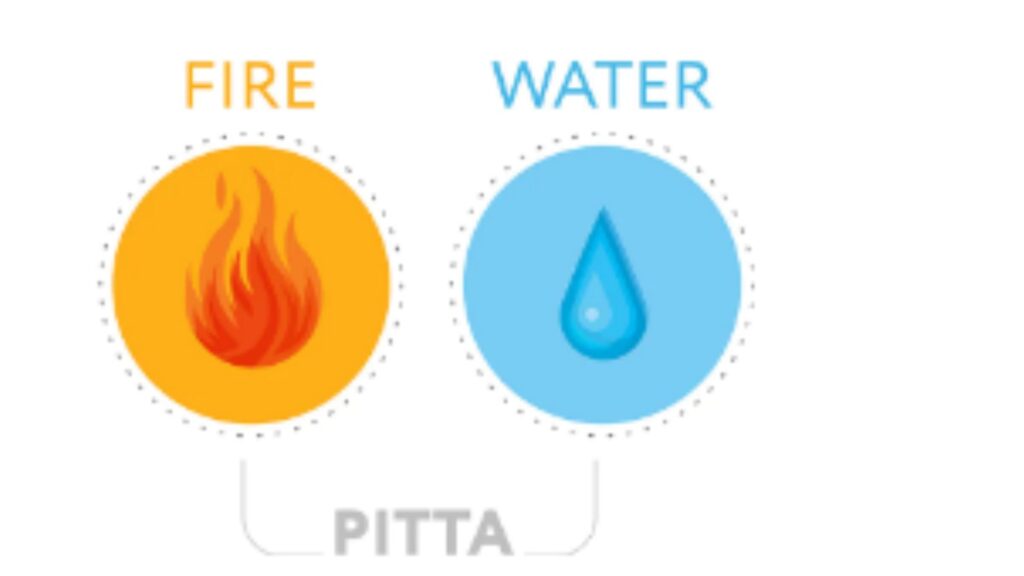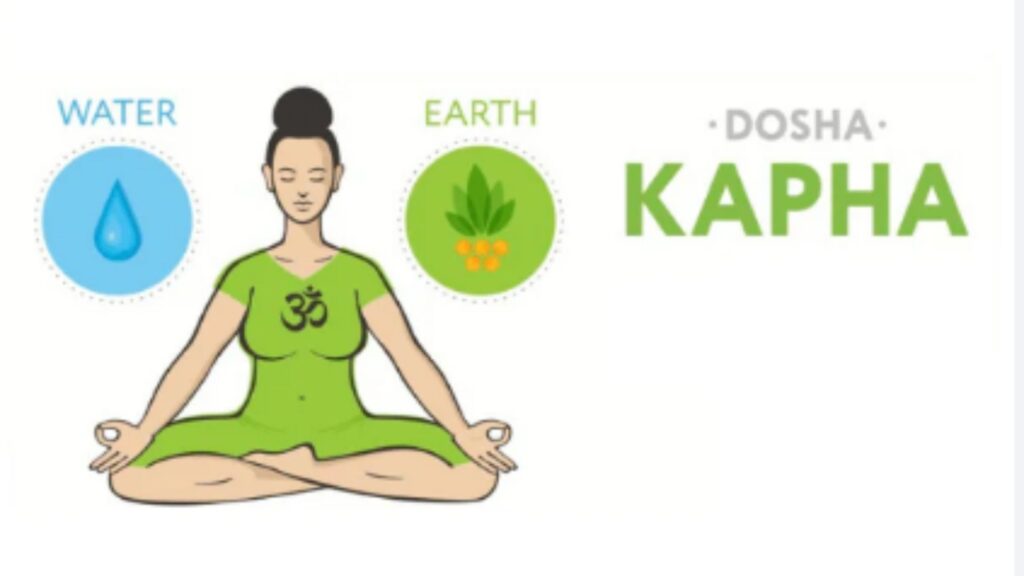Ayurveda is an ancient Indian system of medicine that has been practiced for over 5,000 years. It is a holistic approach to health that emphasizes the interconnection between the body, mind, and spirit. According to Ayurveda, every individual is unique and has a specific constitution or body type known as a dosha. There are three primary doshas in Ayurveda: Vata, Pitta, and Kapha. Understanding these doshas and their impact on health is essential for maintaining balance and harmony in the body.
we will explore the basics of Ayurveda, including the three doshas and how they affect health.
What is Ayurveda?

Ayurveda is a Sanskrit word that translates to “the science of life.” It is a holistic approach to health that emphasizes the importance of maintaining balance and harmony in the body, mind, and spirit. According to Ayurveda, when these three elements are in balance, the body is healthy and free from disease.
Ayurveda is a comprehensive system of medicine that encompasses various aspects of health, including diet, lifestyle, exercise, herbal remedies, and meditation. It emphasizes the importance of preventative medicine, encouraging individuals to take an active role in maintaining their health and preventing illness.
The Three Doshas:

Ayurveda recognizes that every individual is unique and has a specific constitution or body type known as a dosha. There are three primary doshas in Ayurveda: Vata, Pitta, and Kapha. Each dosha is associated with specific physical and emotional characteristics, and understanding your dosha can help you maintain balance and harmony in your body.
Vata Dosha:

Vata is associated with the elements of air and space and is responsible for movement in the body. It is considered the most influential dosha, as it governs the other two doshas. Vata is associated with the following physical and emotional characteristics:
Physical Characteristics:
- Thin, light frame
- Dry skin
- Cold hands and feet
- Irregular digestion
- Difficulty gaining weight
- Tendency towards constipation
Emotional Characteristics:
- Creative and imaginative
- Quick to learn and grasp new concepts
- Easily distracted
- Anxiety and fear
- Prone to worry
Pitta Dosha:

Pitta is associated with the elements of fire and water and is responsible for metabolism and digestion in the body. Pitta is associated with the following physical and emotional characteristics:
Physical Characteristics:
- Medium build
- Warm body temperature
- Oily skin
- Strong digestion
- Tendency towards heartburn or acidity
- Prone to inflammation
Emotional Characteristics:
- Ambitious and competitive
- Confident and decisive
- Easily frustrated or irritated
- Tendency towards anger or jealousy
- Prone to criticism
Kapha Dosha:

Kapha is associated with the elements of earth and water and is responsible for structure and stability in the body. Kapha is associated with the following physical and emotional characteristics:
Physical Characteristics:
- Large build
- Thick, oily skin
- Slow digestion
- Tendency towards weight gain
- Prone to congestion and sinus issues
- Strong immune system
Emotional Characteristics:
- Calm and steady
- Patient and forgiving
- Tendency towards attachment or possessiveness
- Prone to complacency or lethargy
- Difficulty letting go of emotions or grudges










